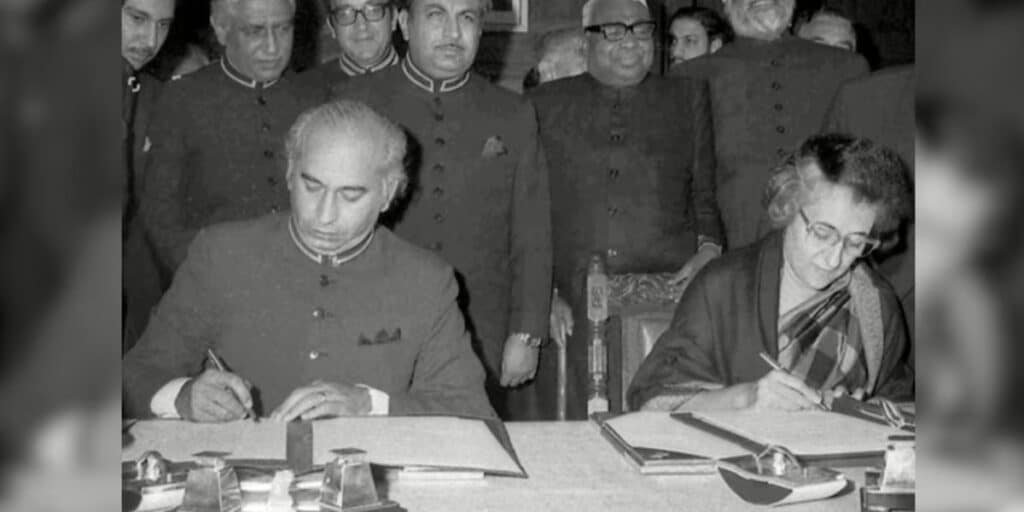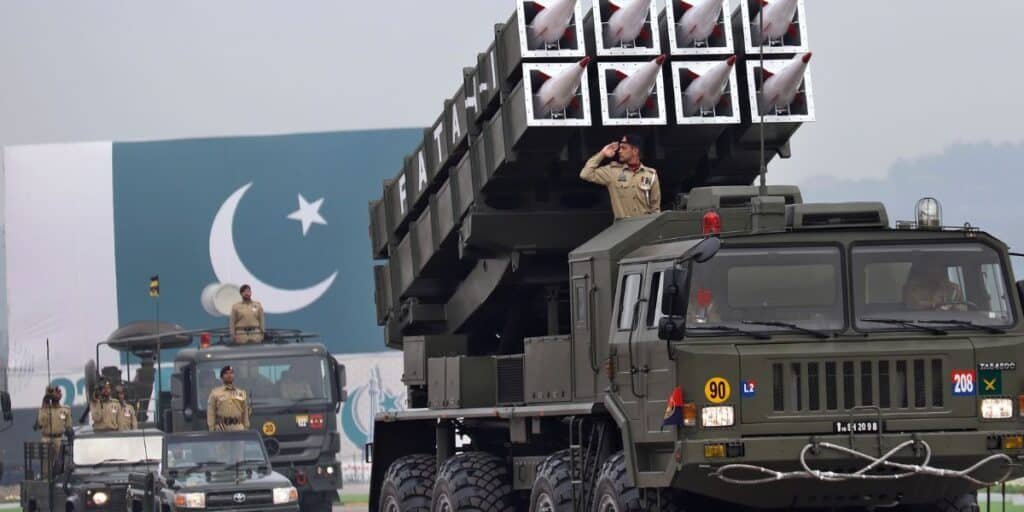LAHORE: A strong heatwave has gripped many parts of Pakistan, and weather experts say it will likely get worse in the southern regions of the country. The Provincial Disaster Management Authority (PDMA) has issued a heatwave advisory warning that daytime temperatures may rise 6 to 8 degrees Celsius above normal in the southern areas, and 4 to 6 degrees above normal in regions like Central and Upper Punjab, Islamabad, Khyber Pakhtunkhwa, Kashmir, and Gilgit-Baltistan until April 18.
Heatwave Advisory Punjab schools: Dress Code for Teachers Updated
In response, a heatwave advisory Punjab schools update has been issued. The Punjab School Education Department (SED) has announced a relaxed summer dress code for students, starting May 1 and lasting until September 15. Students are allowed to wear light cotton clothes to help them stay cool during this hot period. However, makeup, jewelry, flashy clothing, and silk fabrics are not allowed to keep the look simple and school-appropriate.
Teachers have their own dress code too. Female teachers must wear shalwar kameez with a dupatta and cannot wear jeans or t-shirts. Male teachers are allowed to wear jeans and t-shirts during this time.
Heatwave Advisory Punjab schools: Early Summer Vacations Under Consideration
As part of the heatwave advisory Punjab schools guidelines, the Provincial Disaster Management Authority (PDMA) has also suggested that school hours be changed. The PDMA has recommended early summer holidays if the heatwave becomes severe. A letter has been sent to the School Education and Higher Education departments advising them to consider this step.
However, no official date has been confirmed for the start of summer holidays. Authorities are expected to make a final decision after monitoring weather conditions and issuing a notification.
The PDMA has also warned of the possibility of wind and dust storms due to extreme heat, which could cause damage to electric poles, trees, solar panels, and vehicles. Rising temperatures in northern regions could also cause snow to melt faster, increasing the risk of floods.
The heatwave advisory Punjab schools measures are meant to keep students and teachers safe while helping them cope with the rising temperatures. Parents are encouraged to make sure their children stay hydrated, avoid outdoor activities during the hottest hours, and follow the new dress code.






